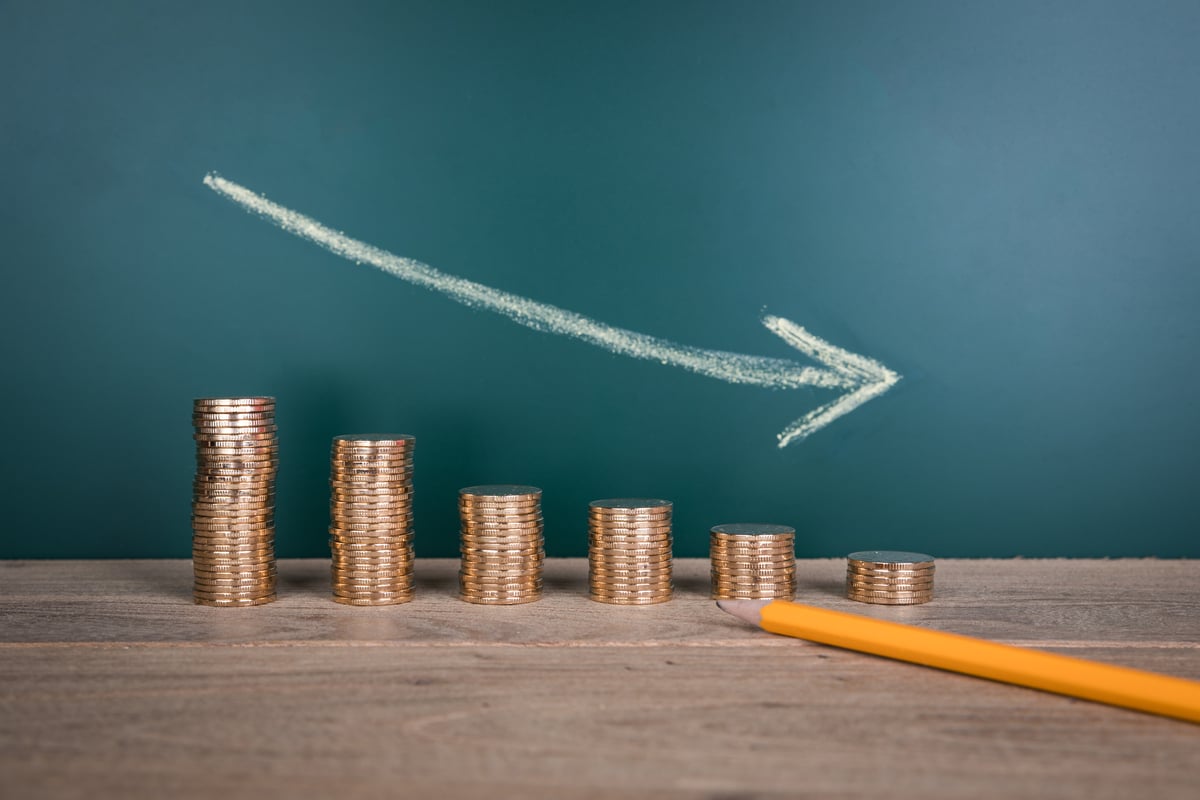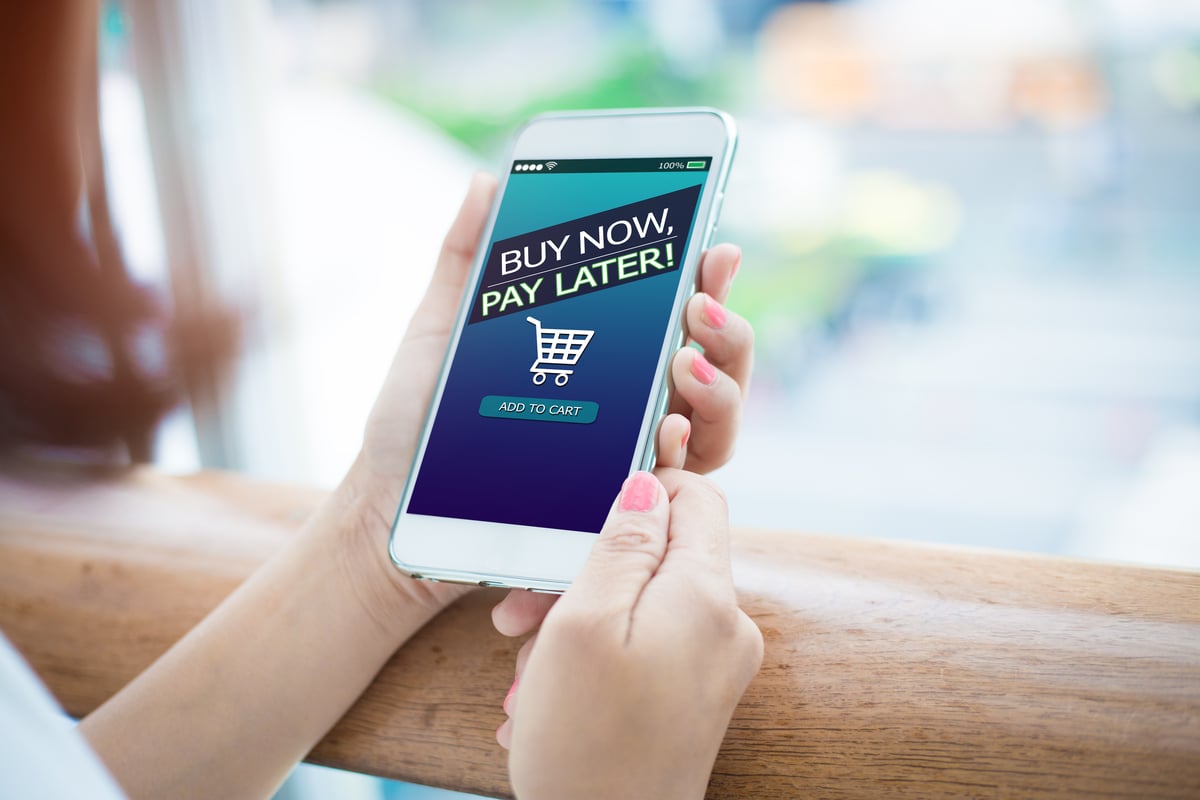In this Rule Breakers podcast, Motley Fool co-founder David Gardner recruited Fool analyst Aaron Bush to help him with Cryptocurrencies 101. Turns out that a fair number of his listeners wanted more. So this week -- with bitcoin trading at more than twice the level it was for the previous episode -- he brought Aaron back for a more advanced encore.
In this segment, they dig into some of newer arrivals to the crypto universe: Filecoin, which intends to help people rent out the unused space on their hard drives, and Ripple, which will seriously speed up the rate at which cross-border transactions can be completed.
A full transcript follows the video.
This video was recorded on Dec. 6, 2017.
David Gardner: A couple of months ago, when you and I talked, you mentioned another cryptocurrency, because there are a lot of them out there and they're interesting. A lot of them are creative. I'm interested. You were talking about Filecoin.
That's a cryptocurrency where you can basically get paid, if you have extra space on your hard drive, for somebody else to upload their stuff. Encrypted, so it's not quite, I hope, as scary or sounding like a dumb mistake that you or I would make, getting a virus from somebody putting their stuff on our computer, but Filecoin enabling that, which is, arguably, a clouded trillion-dollar-like opportunity. Have you kept up with Filecoin at all since?
Aaron Bush: I've kept up with it a little. It's still very early stage. I think it actually is still prelaunch, but they're in heavy engineering mode right now. They raised significant money. And I'm not sure when the launch date is, but I think it's coming up soon.
Gardner: All right, well, let's keep moving. So we got an email from Kyrsk Kadva. "Hi, David. Your podcasts are very interesting, especially the one with Aaron Bush talking about bitcoin, Ethereum, and blockchain technology. There's buzz about Ripple XRP" -- that's capital "R" Ripple, and then XRP, an acronym after it -- "which is going on. Could you please make a podcast on Ripple XRP? It would be really interesting to hear what experts have to say about that."
Bush: Ripple is the name of the cryptocurrency. XRP is its ticker symbol, I guess you could say. I'm glad you asked about it, because this is a great non-bitcoin example of a crypto asset that creates real value. I don't have any great insight into its valuation, but I'm happy to explain it a bit for everyone.
First, let's take a step back and look at the issue Ripple is solving. Say you're a Guatemalan company trying to go through a Guatemalan bank to settle some transaction with another business, and you've got to go through a Vietnamese bank. An avenue like New York City to London might be fairly efficient for settling that transaction, but for other paths it might not be as much. Transactions like that might take three to five days to settle, and they might have annoying fees involved. That's pretty slow for everyone involved.
Ripple's goal is to make the cross-border settlement process faster and more efficient, and they have a really smart strategy in how they've gone about this. To start, they are selling transaction-processing software to banks. The software is effective, it helps improve their systems, and it can work with or without blockchain and with or without Ripple, the token XRP. Institutions aren't generally opposed to using blockchain, but oftentimes just because things are so complex, they have to be slow to adjust, so Ripple's taking a step-by-step approach to getting these institutions on board.
And their game plan is to build a massive network of financial institutions. And Ripple's already made good progress on this front through its software and through just bringing people together, and its incentives are sound. It provides instant liquidity that can bypass all the middlemen you normally would have to go through. Just imagine you turn your peso into Ripple and then you turn your Ripple back into yen. You don't have to go through so many middlemen. You can just go through a process like that. The processing time is four seconds, which is a little shorter than three to five days, and the data is secured and backed up by the blockchain, so you know there won't be errors that you have to go figure out.
And so not all banks and businesses are using XRP, the token, yet, but they are joining the network and laying the foundation for XRP to be used more in the future. And once it is used to manage substantial monetary flows, it will need a sizable monetary base or network value to be able to support all of those transactions. And so that's why this has become one of the most valuable crypto assets right now. The team is about 160 people right now, so it's a big project, and it's had some venture funding. I think it's a good example because it has a very clear use case and a very clear strategy.
Gardner: I think you were saying that the market cap value of Ripple, in effect the network value, is something around $10 billion, and when you say there are a lot of people working on this, 160...
Bush: It's amazing.
Gardner: ...that's pretty remarkable, isn't it? It makes me think that maybe you and I should just scotch this whole Motley Fool thing and we should just start our own -- you code better than I, so we're going to need some more people to code. I'll just be a supervisor. I'll just stand and supervise.
Bush: Foolcoin.
Gardner: Foolcoin! Maybe Foolcoin should exist, because we have more than 160 employees here, at The Motley Fool, and I'm pretty sure we have not created $10 billion, unfortunately, of market cap value. And I realize a lot of this remains speculative. The No. 1 most valuable cryptocurrency, the broadest and most important one today, is bitcoin. Is Ethereum No. 2?
Bush: It is No. 2.
Gardner: And you told me that Ripple is No. 4. What's No. 3?
Bush: Bitcoin cash, which is a fork of bitcoin.





